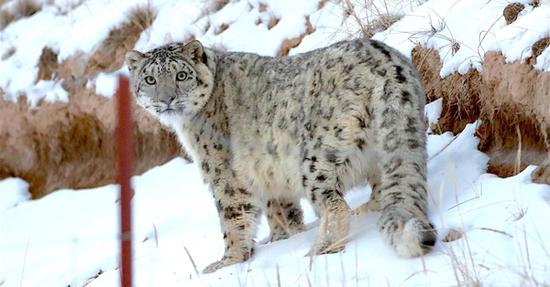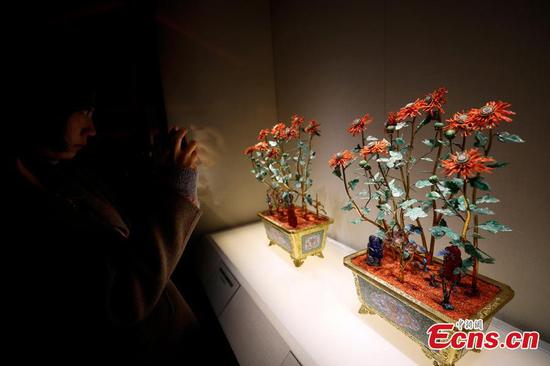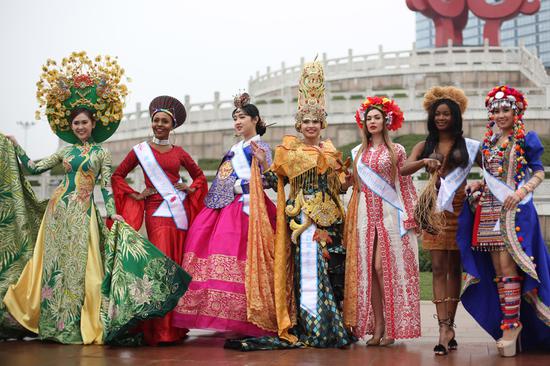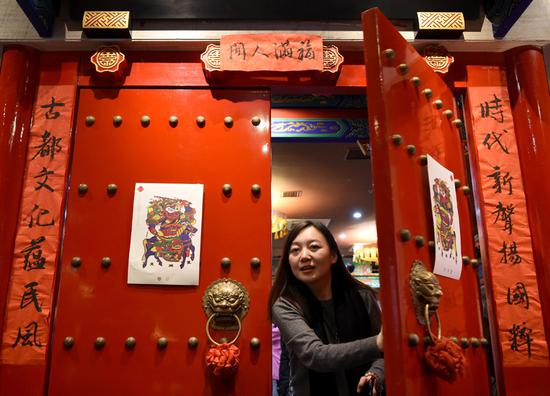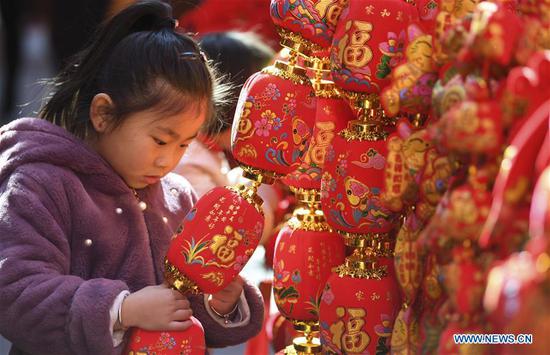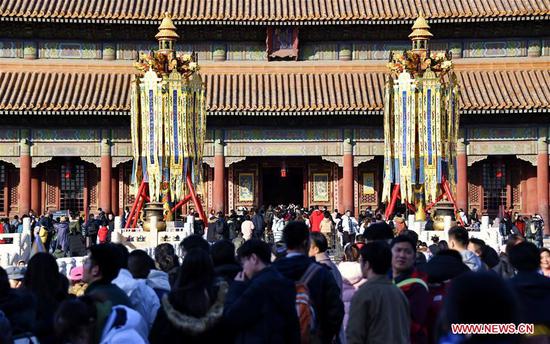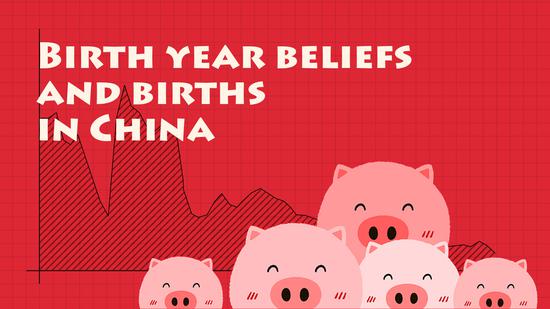
2019 is the Year of the Pig in the Chinese calendar, and traditional beliefs hold that the chubby pink animals are a symbol of wealth. It is said that children born in the Year of the Pig are lucky, joyful and blessed with good fortune in life.
Similarly to other years associated with auspicious animals of the Chinese zodiac, the public and media have forecast a baby boom in 2019 to break the spell of recent years of sluggish birth rates – but do these predication hold water?
Armed with data going back to 70 years ago, we set out to separate facts from wishful thinking, and see, based on how proliferative Chinese people have been in certain years in the past, whether 2019 will witness a peak in newborn children.
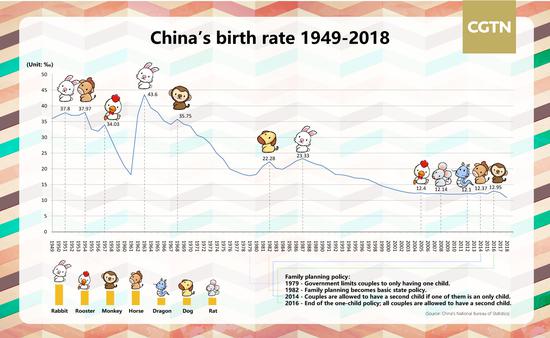
As seen in the above graph, none of the birth booms happened in the Year of the Pig. Most birth booms took place in the Year of Rabbit, followed by Rooster, Monkey, and Horse.
If we look back at the history, this seemingly biased trend of change is actually influenced by the social context of specific years and social events.
As shown in the graph, the People's Republic of China (PRC) has experienced three birth booms since its establishment in 1949. The first was during the 1950s when birth rates increased as stability in the country following turbulent years encouraged people to have more children; the second was between 1962 and 1976 when birth levels bounced after plunging during the three-year famine period; and the third stretched from 1981 to 1990, as people who were born during the second baby boom reached fertility age.
A study published in 2010, based on birth data between 1949 and 2008, found no discernible zodiac-based preferences. It said the annual fluctuations in births are largely a result of changing population momentum built in the age structure. Duan Chengrong, a demographer at the Renmin University in Beijing, has also published research on the topic and come to similar conclusions. A study in 2017 found that avoidance of childbearing in zodiac-challenged years indeed exists. Another study in 2017, based on 2003 to 2010 data from the Chinese General Social Survey (CGSS), found that birth beliefs continue to impact people's reproductive behavior and have resulted in visible birth population fluctuations.

A closer look at recent birth peaks as of the 21st century when fluctuations became less prominent proves they coincide with auspicious years such as in 2012, the Year of the Dragon, and 2016, the Year of Monkey, or eventful years like 2008 when Beijing hosted the Summer Olympics.
Since authorities loosened family planning policies, people's beliefs regarding what year is fortunate and what year isn't seem to play a more obvious role in their choice of when to have babies.
For people old enough to bear children and are actually planning on doing so, the Year of the Pig might encourage them to take that step, but it's unlikely it'll reverse the trend of declining birth rates. China's birth rate has been on a downward trend since the last peak in 1987, and is expected to drop even lower.
The last time the public expected a baby boom was in 2012, the Year of the Dragon, an animal that is seen as the epitome of might and intelligence. Babies born in the Year of the Dragon are said to be destined for success and wealth. At the time, Xinhua reported that China was anticipating a five-percent increase in the number of babies, but expectations did not match reality as the year saw a 1.9-percent increase.
China formally scrapped its one-child policy in 2016, and has since encouraged couples to have a second child – but the number of births did not surge as some had expected.
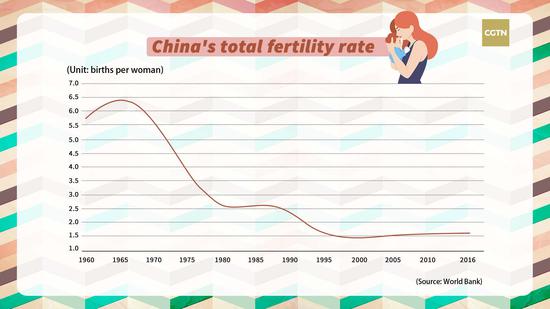
Indeed, many factors influence a country's birth rates, including the number of women in fertility age, their educational level, as well as the overall social and economic development.
Family planning policies might have had a hand in the declining fertility rates, but the main factor is China's social and economic development, such as the general improvement in women's educational levels, according to Zhang Chewei, the director of the Institute of Population and Labor Economics of the Chinese Academy of Social Sciences and vice-president of China Population Association.
Times are changing in China, and fast – and so are people's notions of family and their views regarding childbearing.
Declining fertility rates is a global trend with women in most parts of the world marrying at an older age and having fewer children, according to the World Women 2015, a report published by the UN every five years.
A study published in The Lancet in 2018 found that there has been a remarkable global decline in the numbers of children women are having, due to three key factors: fewer newborn deaths mean women no longer need to have as many babies as before; greater access to contraception; and more women in education and work.
More young Chinese women are delaying tying the knot and growing their families. A 2017 survey conducted by Chinese recruitment website Zhaopin found that 40.1 percent of women without children are reluctant to have children, and in the case of women with already one child, 62.7 percent did not want to have a second child.
The Chinese zodiac is linked to the traditional Chinese agricultural calendar, which often starts around the end of January or the beginning of February. The Year of the Pig starts on February 5, 2019, and ends on January 24, 2020. But the data collected in this article follows the Gregorian calendar, with around one month difference between both calendars.
(Graphics by Qu Bo, Yin Yating, Du Chenxin and Li Xiaojie)














